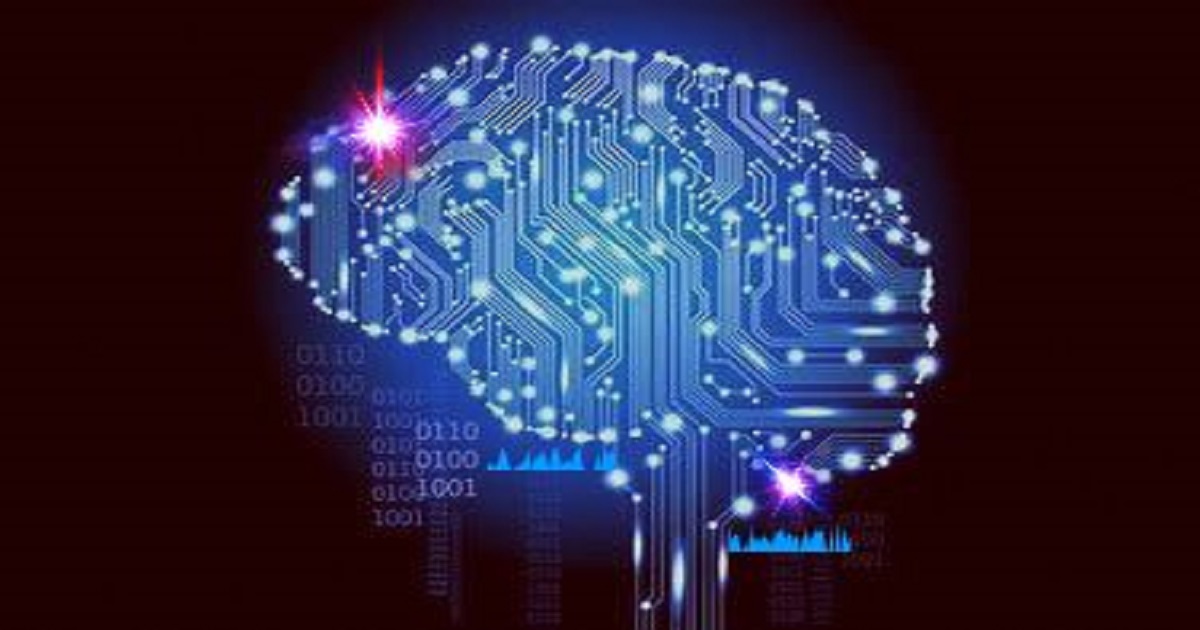Applied New Technologies to Investigate and Support Normal and Pathological Cognitive Aging
A special issue of Brain Sciences (ISSN 2076-3425). This special issue belongs to the section "Neuropsychology".
Deadline for manuscript submissions: closed (31 July 2023) | Viewed by 2615

Special Issue Editors
Interests: cognitive functions; experimental and clinical studies of neurodegenerative diseases; neuropsychological assessment; neuropsychological rehabilitation
Special Issues, Collections and Topics in MDPI journals
Interests: older adults, and psychiatric patients with cognitive impairment/neurocognitive disorders; experimental and clinical studies about the development and effects of cognitive stimulation programs; assessment and training of cognitive domains; prefrontal cortex dynamics of the elderly; nonpharmacological therapies
Special Issue Information
Dear Colleagues,
Technology has significantly changed the practice of current clinical neuropsychology. Recent research has started to show how coupling of new technologies with standard neuropsychological tools is able to detect clinical cues not otherwise obtainable. For instance, as digital assessment methods grow, early identification of persons with emergent neurological illness can be improved, and more timely effective treatments can be planned. More sophisticated and less invasive neuroimaging techniques with better spatial–temporal resolution can afford a better understanding of the neural contributors to cognitive aging. In general, technological advances can also help us to enter patients’ world and track their real cognitive functioning, as influenced by their surrounding environment.
In this Special Issue, we are interested in studies focused on the application of new technologies to the investigation and support of normal and pathological cognitive aging. We aim to attract empirical articles dealing with the impact of applied technologies (i.e., computerized neuropsychological assessments, virtual reality training, innovative neuroimaging techniques, neuromodulation tools, etc.) on the assessment and training of cognitive domains (i.e., memory, temporal and spatial orientation, attention, concentration, and executive functions) in patients and healthy controls. Studies recruiting large samples of participants and/or adopting a longitudinal perspective are strongly encouraged. Review articles on the current state-of-the-art in the field are also welcome.
Potential topics include (but are not limited to) the following:
- Computerized cognitive stimulation studies in neurodegenerative diseases;
- Neuroimaging, electrophysiology, and optical imaging studies of cognitive stimulation in dementias, other neurodegenerative conditions and/or healthy controls;
- Empirical studies using virtual reality technologies for cognitive stimulation purposes of neurodegenerative patients and/or healthy controls;
- Empirical studies using novel technologies to assist cognitively impaired patients;
- Long-term studies on the differences in quality of various cognitive stimulation techniques for patients with neurodegenerative disorders and/or healthy controls.
Dr. Marco Cavallo
Dr. Susana I. Justo-Henriques
Guest Editors
Manuscript Submission Information
Manuscripts should be submitted online at www.mdpi.com by registering and logging in to this website. Once you are registered, click here to go to the submission form. Manuscripts can be submitted until the deadline. All submissions that pass pre-check are peer-reviewed. Accepted papers will be published continuously in the journal (as soon as accepted) and will be listed together on the special issue website. Research articles, review articles as well as short communications are invited. For planned papers, a title and short abstract (about 100 words) can be sent to the Editorial Office for announcement on this website.
Submitted manuscripts should not have been published previously, nor be under consideration for publication elsewhere (except conference proceedings papers). All manuscripts are thoroughly refereed through a single-blind peer-review process. A guide for authors and other relevant information for submission of manuscripts is available on the Instructions for Authors page. Brain Sciences is an international peer-reviewed open access monthly journal published by MDPI.
Please visit the Instructions for Authors page before submitting a manuscript. The Article Processing Charge (APC) for publication in this open access journal is 2200 CHF (Swiss Francs). Submitted papers should be well formatted and use good English. Authors may use MDPI's English editing service prior to publication or during author revisions.
Keywords
- applied technologies
- assessment
- cognitive functions
- cognitive rehabilitation
- computerized training
- healthy aging
- neurodegenerative conditions
- neuromodulation
- virtual reality







